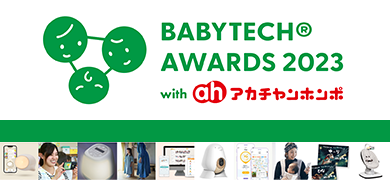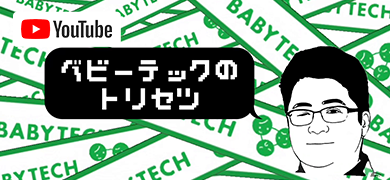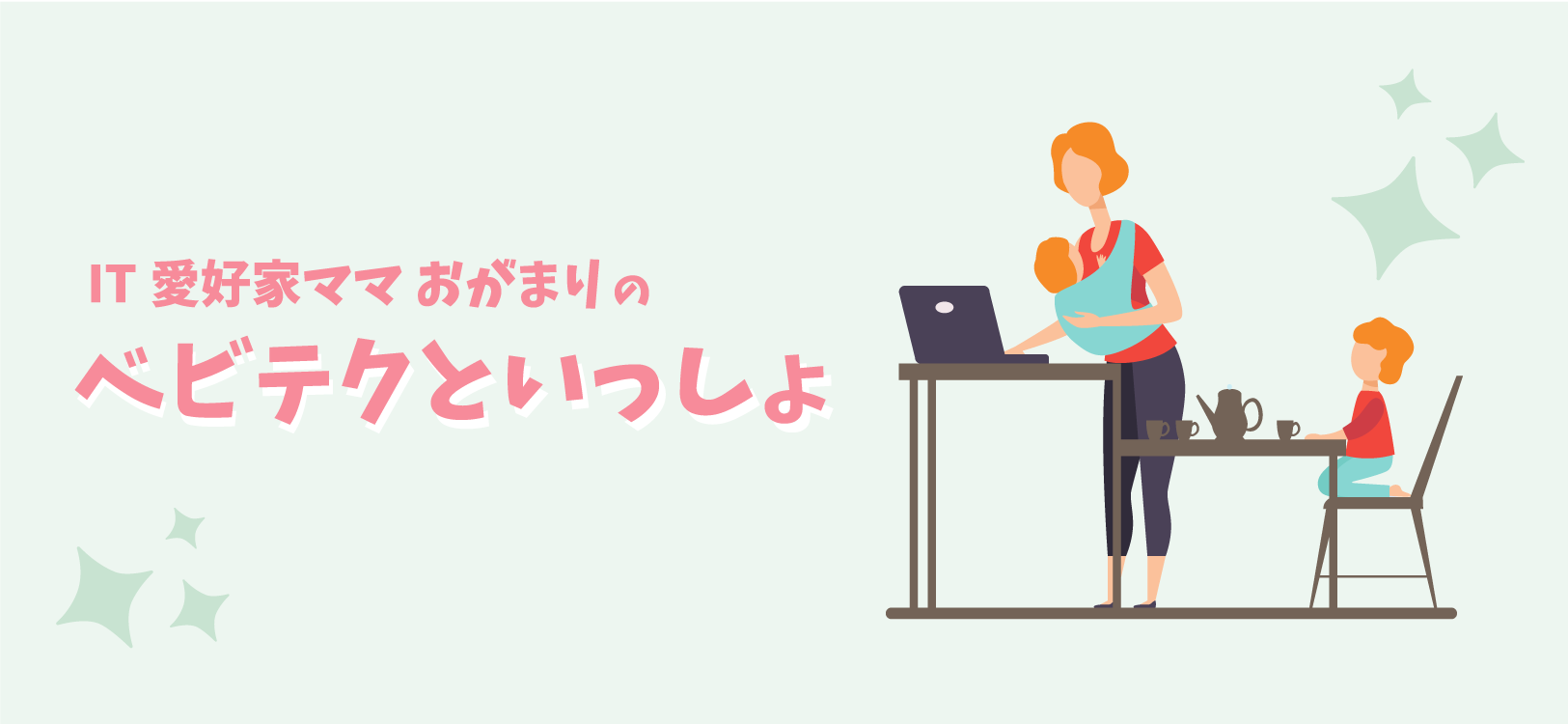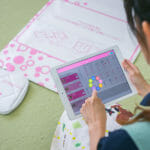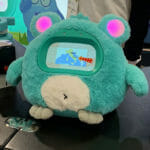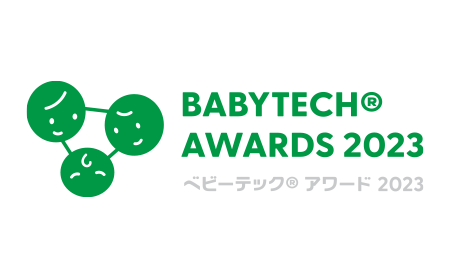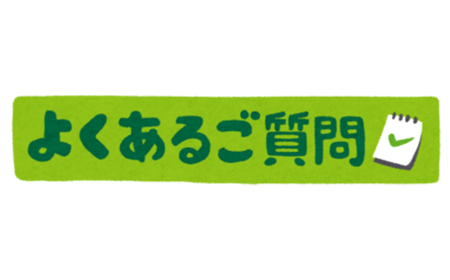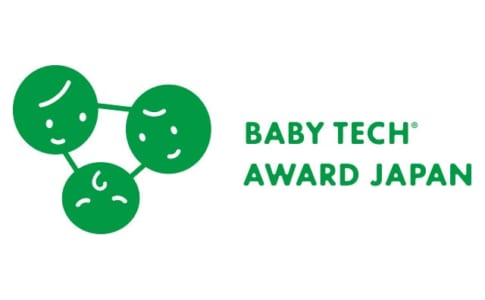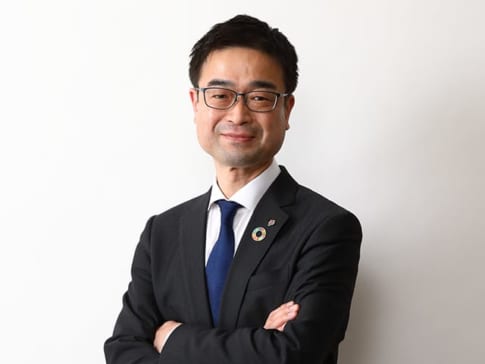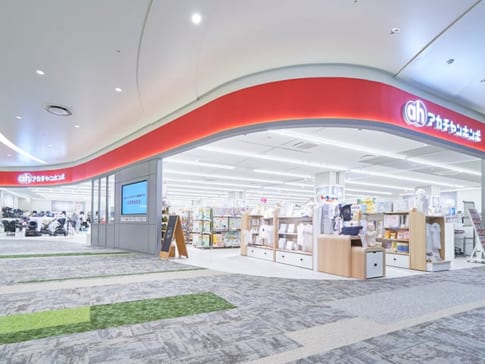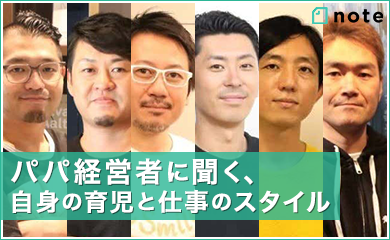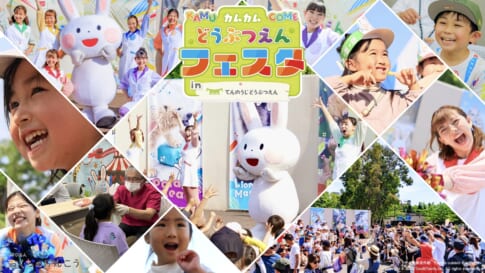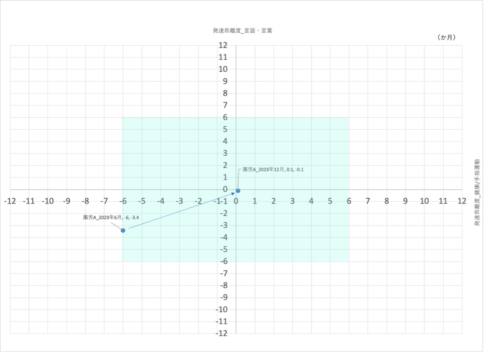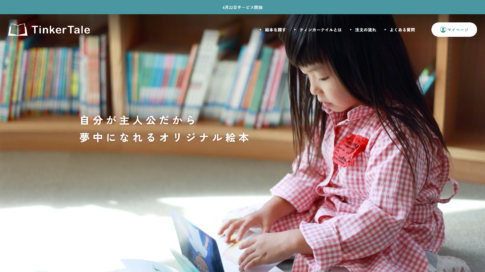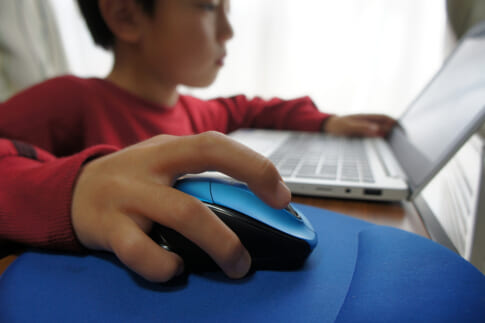- Team members meet many dehydrated infants in the Republic of Palau to start development.
- A sensor attached to the pacifier determines the "water content" of the baby.
- It will notify you on your phone if you are "dehydrated" and advise you on the proper treatment.
(Interviewed by.)
Team Rota++
Leader Eitaro Yamatsuta
Born out of a "chance encounter" at Stanford University.
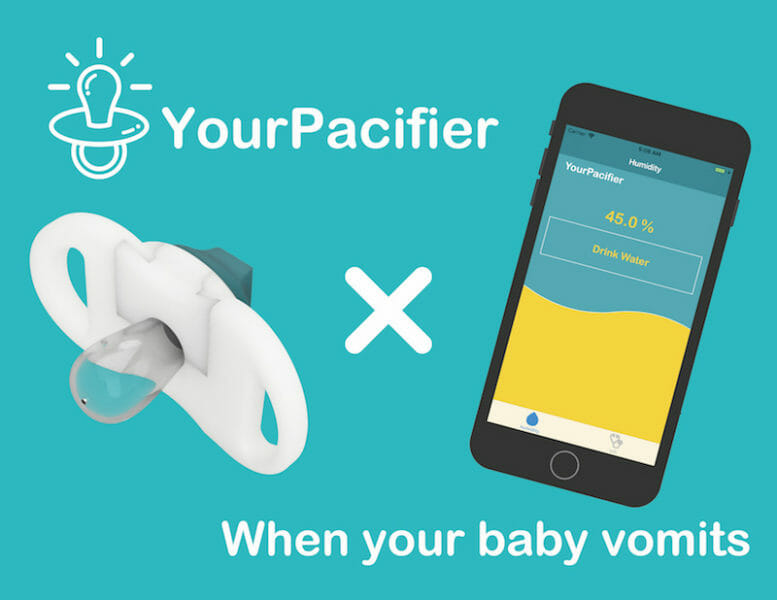
Editor: What inspired you to develop Your Pacifier?
Yamatsuta: When Teramoto, a medical student at the time and a member of Team Rota++, visited a hospital in the Republic of Palau for research and training purposes, he saw many babies being brought in with "dehydration symptoms". ...... This is the reason why we developed Your Pacifier. This is how Your Pacifier was developed.
Editor: How did the development progress from there?
Yamatsuta: At Stanford University's Healthcare Hackathon (an event for medical engineers), Teramoto posed the question, "Is there any solution to rotavirus-induced vomiting and diarrhea in developing countries? Teramoto raised the question. The members who attended the event and were interested in the problem he raised became "Team Rota++". Then, "Your Pacifier" was born from the discussion of "How about this idea" and "I have this technology". After returning to Japan, we continued to improve it, but it was difficult because the members were scattered all over the country. Software development can be completed on the Internet, but for hardware, you need to get together in person to improve it, because you can't create something that feels good in the hand. Other difficulties included student members being busy with their main jobs (i.e., schoolwork) and the fact that we didn't have members who were strong in sensors and circuitry.

